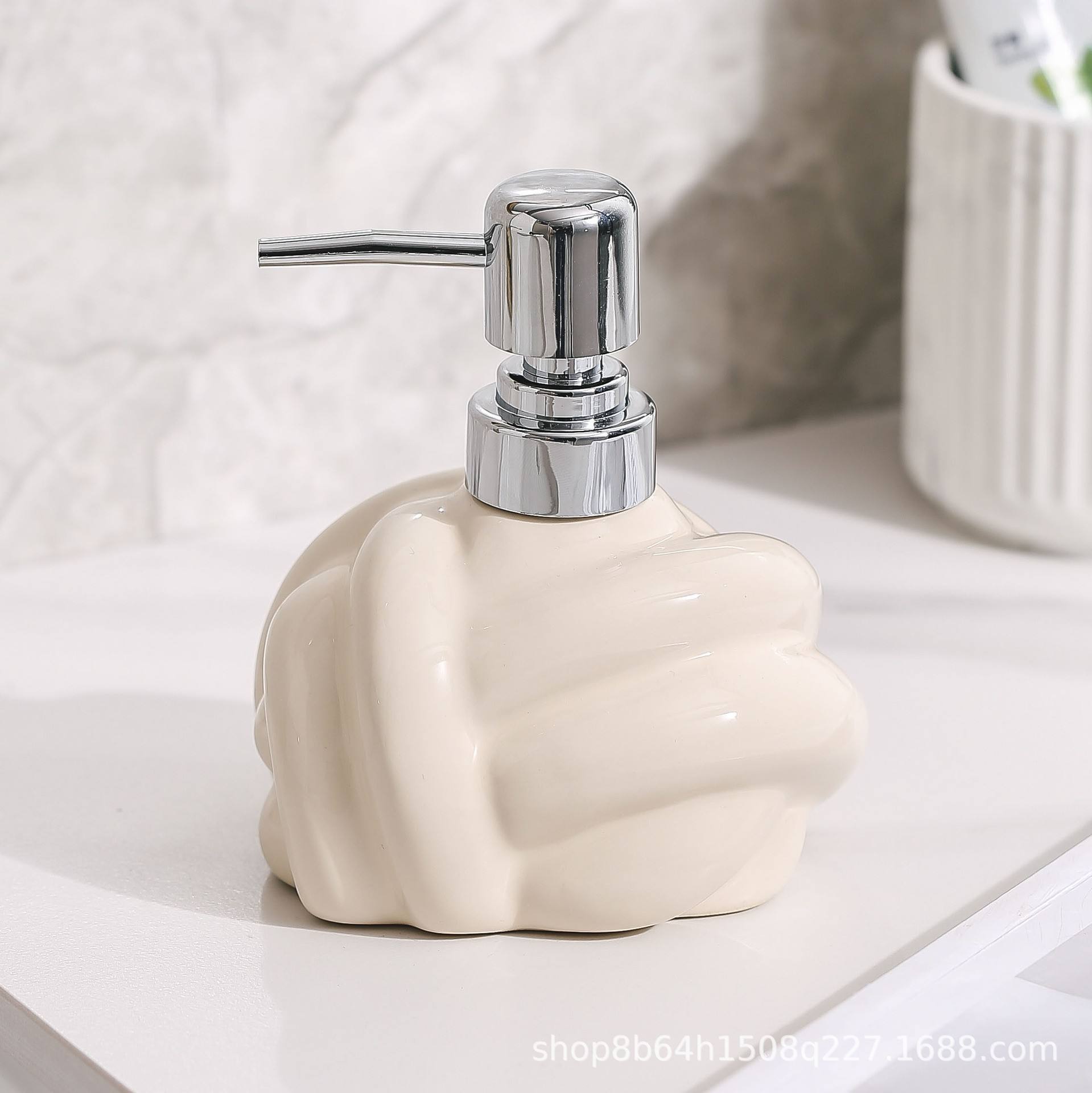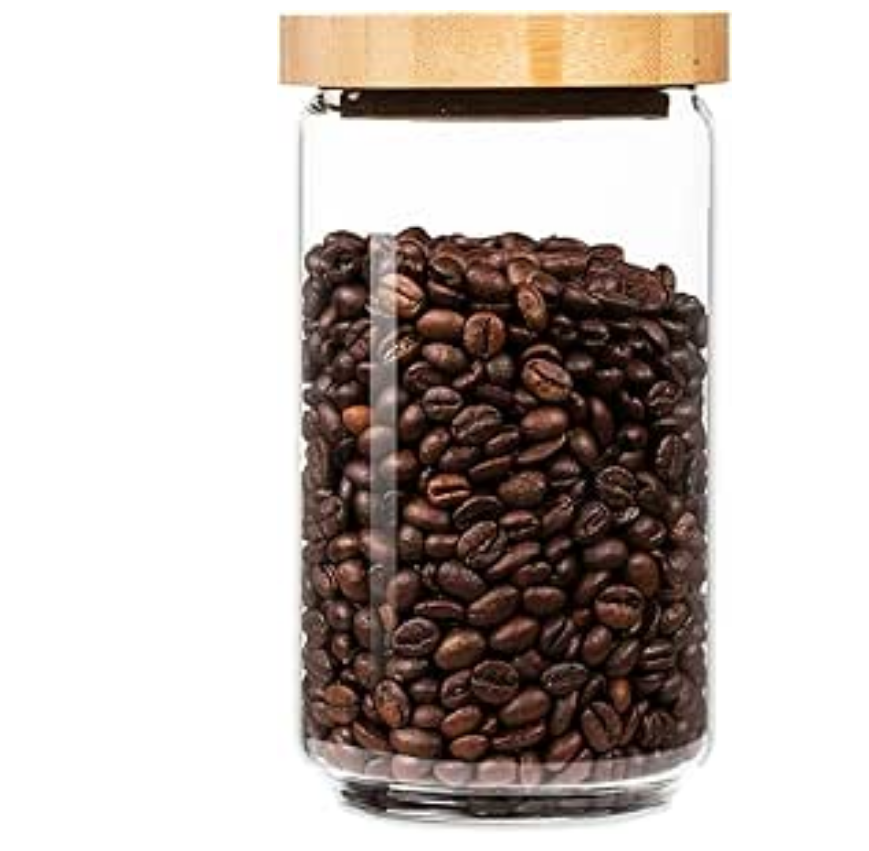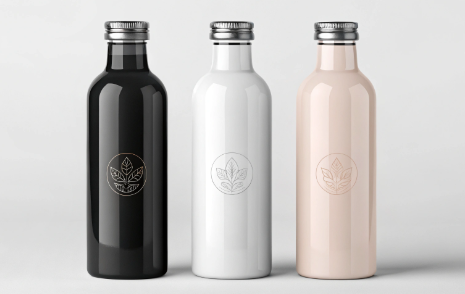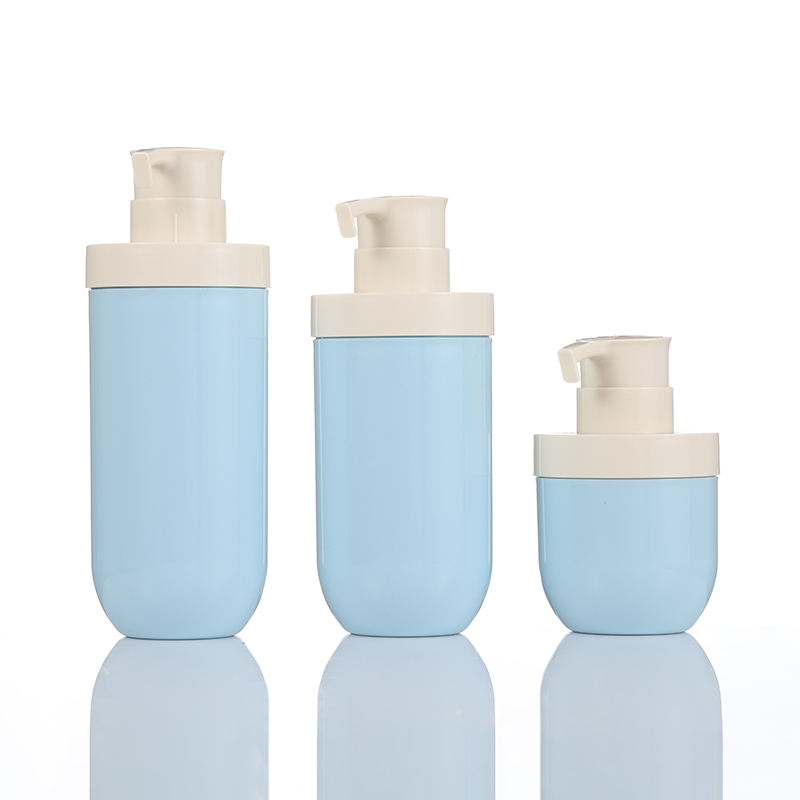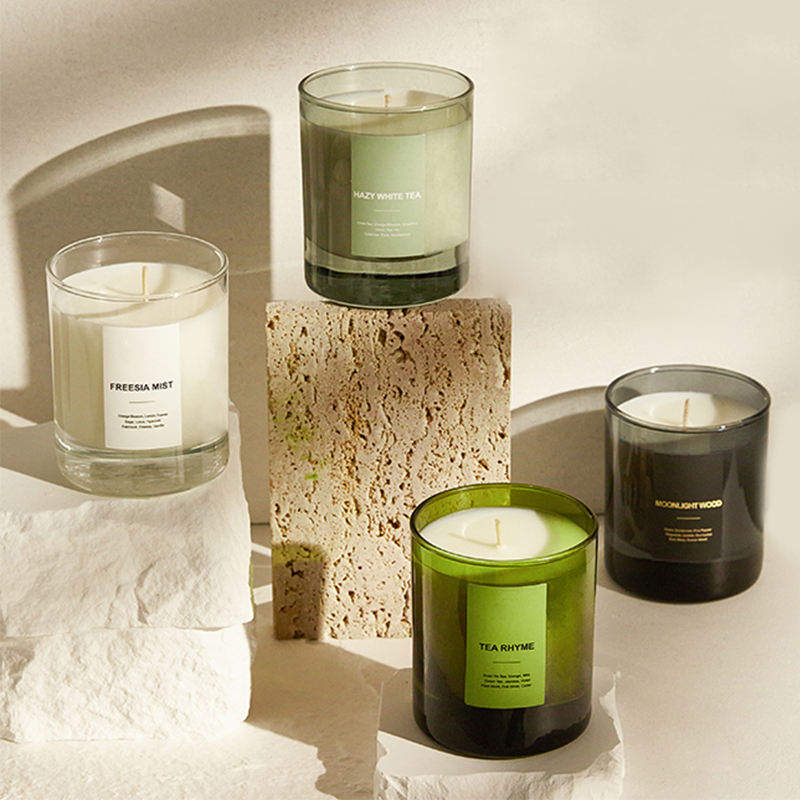The global sustainable packaging market exceeded $500 billion in 2023, with brands across food & beverage, beauty, and healthcare racing to adopt eco-friendly solutions. However, choosing the wrong supplier can derail even the best sustainability initiatives: a cosmetics brand recently faced EU market rejection due to PLA bottles failing degradation standards, while a beverage company missed its launch window because its PCR supplier couldn’t meet volume demands.
Sustainable packaging success depends on matching your product’s needs with the right supplier type. Whether you require mass-produced recycled plastic bottles, compostable bioplastic containers, or premium wooden packaging, understanding the strengths of PCR bottle large traders, PLA sugarcane blend specialists, and sustainable wooden bottle wholesalers is key to making an informed decision.
1. PCR Bottle Large Traders (Brand Green Packaging): The Go-To for Scale and Affordability
For brands needing high-volume, cost-effective green packaging—think beverage giants, household cleaners, or personal care lines—PCR bottle large traders (brand green packaging) offer unmatched value. These suppliers specialize in post-consumer recycled (PCR) plastic bottles, leveraging their scale to deliver consistent quality at competitive prices.
Core Advantages of PCR Green Packaging Large Traders
-
Massive Sourcing Power: Leading PCR traders partner with 5-10 global recycling facilities, ensuring steady supply of bottles containing 30-100% PCR content (typically PET or HDPE). They provide critical certifications like GRS (Global Recycled Standard) and FDA food-contact approvals, eliminating market access barriers.
-
Volume Guarantees: Unlike small-scale suppliers, large traders maintain monthly production capacities of 5-20 million units, supporting seasonal peaks. A major soda brand recently relied on its PCR trader to deliver 120 million bottles in 3 months for a summer eco-campaign.
-
Branded Green Solutions: These traders offer custom green packaging designs, including recycled content labeling, eco-ink printing, and PCR-matched caps/labels—creating end-to-end sustainability stories that resonate with consumers.
How to Vet a Quality PCR Bottle Large Trader
-
Material Traceability: Demand batch-specific 溯源报告 (traceability reports) detailing source streams (e.g., recycled water bottles vs. industrial waste) to avoid contamination risks.
-
Consistency Testing: Audit samples for wall thickness uniformity (critical for shelf stability) and impact resistance—one juice brand suffered 5% transit breakages due to inconsistent PCR bottle quality.
-
Crisis Management: Ask about backup production facilities and price-lock options. A 2023 resin price spike caught many brands off-guard, but those with pre-negotiated terms saved 10-15% on costs.
Case Study: A leading laundry detergent brand switched to 50% PCR bottles via a large trader, reducing packaging carbon footprint by 34%. The trader’s global recycling network ensured 80 million annual units at 6% below virgin plastic costs, while custom “Recycled Content” labeling boosted online click-through rates by 23%.
2. PLA Sugarcane Blend Eco-Bottle Traders: Specialists in Compostable Solutions
For brands targeting eco-sensitive markets (EU, North America) or short-shelf-life products (yogurt, beauty samples, cold-pressed juices), PLA sugarcane blend eco-bottle traders deliver specialized expertise. These suppliers focus on polylactic acid (PLA) bottles enhanced with sugarcane fiber, solving pure PLA’s weaknesses while maintaining biodegradability.
Why PLA Sugarcane Blend Bottles Stand Out
-
Superior Performance: Adding 10-30% sugarcane fiber extends PLA’s temperature tolerance from 0-40°C to -5-60°C, making it suitable for refrigerated and ambient products. Impact resistance improves by 15%, reducing transit damage.
-
Enhanced Sustainability: Sugarcane absorbs CO₂ during growth, creating a carbon-negative footprint. Unlike PCR, these bottles fully biodegrade in industrial composting facilities within 180 days (per EN 13432/ASTM D6400 standards).
-
Cost Efficiency: Sugarcane fiber lowers raw material costs by 10-15% compared to pure PLA, bringing prices in line with premium PCR options.
Key Traits of a Reliable PLA Sugarcane Blend Trader
-
Regulatory Expertise: They must navigate regional standards—EU brands need EN 13432 compliance, while U.S. clients require ASTM D6400 certification. A snack brand once faced a recall when its PLA bottles failed California’s compostability tests.
-
Formula Customization: Look for traders who adjust PLA-sugarcane ratios for your product’s needs. A citrus juice company required a modified blend to resist acid degradation, achieved via a 25% sugarcane fiber mix.
-
Supply Chain Speed: PLA production takes 15-20 days—faster than pure bioplastics but slower than PCR. Prioritize traders with local distribution hubs; one cosmetics brand cut delivery times from 25 to 18 days using a EU-based trader.
Case Study: A organic yogurt brand entered the German market using a PLA sugarcane blend trader’s 300ml bottles. The trader certified compliance with EN 13432, added UV inhibitors to protect probiotics, and partnered with local composters to market the “fully degradable” story. The line now holds 12% market share in eco-friendly dairy.
3. Sustainable Wooden Bottle Wholesalers for Brands: Premium Eco-Luxury
High-end brands in skincare, spirits, and home fragrance turn to sustainable wooden bottle wholesalers for packaging that combines sustainability with tactile luxury. These suppliers specialize in FSC-certified wood containers, offering customization that plastic or glass can’t match.
The Unique Value of Sustainable Wooden Bottles
-
Eco-Credentials: Top wholesalers use FSC (Forest Stewardship Council) certified hardwoods (maple, walnut) from responsibly managed forests. They avoid toxic adhesives/finishes, ensuring product safety.
-
Brand Differentiation: Wood’s natural grain and texture create instant premium appeal. A luxury serum brand reported 35% higher conversion rates after switching to hand-finished walnut bottles.
-
Circular Potential: Wooden bottles are reusable (as vases, storage) and biodegradable at end-of-life, aligning with luxury consumers’ long-term sustainability expectations.
What to Look for in a Wooden Bottle Wholesaler
-
Sourcing Transparency: Insist on FSC Chain of Custody certificates to avoid association with deforestation. A craft spirits brand faced backlash after its “sustainable” wooden bottles were traced to illegal logging.
-
Craftsmanship Precision: High-end brands need tight tolerances—logo engraving within 0.1mm, consistent wall thickness. Wholesalers with CNC machining capabilities deliver this precision.
-
Stability Control: Wood’s moisture sensitivity (8-12% ideal) affects durability. Reputable wholesalers kiln-dry lumber and seal bottles to prevent warping in humid climates.
Case Study: A luxury aromatherapy brand launched a limited-edition diffuser in FSC walnut bottles via a specialist wholesaler. The supplier added food-grade interior liners to protect oils, hand-sanded finishes for a velvety texture, and kept minimum order quantities low (5,000 units). The line sold out in 3 months, with 28% of buyers citing the wooden packaging as their primary purchase driver.
Comparing Your Options: A Quick Reference Guide
| Supplier Type | Best For | Key Strengths | Critical Selection Criteria |
|---|---|---|---|
| PCR Bottle Large Trader | High-volume, cost-sensitive brands (beverages, household goods) | Scale, affordability, GRS compliance | Recyclate traceability, monthly 产能 (capacity), crisis plans |
| PLA Sugarcane Blend Trader | Export/short-shelf products (dairy, beauty samples) | Compostability, temperature resilience | Regional certification, formula flexibility, lead times |
| Sustainable Wooden Wholesaler | Luxury/ premium brands (skincare, spirits) | Tactile appeal, FSC sustainability | Wood sourcing, craftsmanship precision, moisture control |
Action Steps: Finding Your Ideal Sustainable Packaging Partner
-
Map Your Priorities: Volume needs (PCR for scale), regulatory demands (PLA for EU compostability), or brand positioning (wood for luxury) will narrow your search.
-
Audit Certifications: Request GRS (PCR), EN 13432/ASTM D6400 (PLA), or FSC (wood) documents upfront—reputable suppliers provide these freely.
-
Test Small Batches: Validate quality with 10,000-unit trials before scaling. Check for consistency in PCR bottles, degradation rates in PLA, and finish quality in wood.
-
Negotiate Partnerships: Lock in long-term agreements for price stability and priority production slots—critical as sustainable packaging demand outpaces supply.
Conclusion
Choosing between PCR bottle large traders, PLA sugarcane blend eco-bottle traders, and sustainable wooden bottle wholesalers depends on your brand’s volume, market, and identity. PCR delivers scale, PLA offers compostability, and wood provides luxury—each solving distinct sustainability challenges.
By aligning your needs with supplier strengths, you’ll avoid costly missteps and create packaging that resonates with eco-conscious consumers. Ready to start sourcing? Share your product category in the comments, and we’ll recommend top-tier suppliers for your specific needs.



